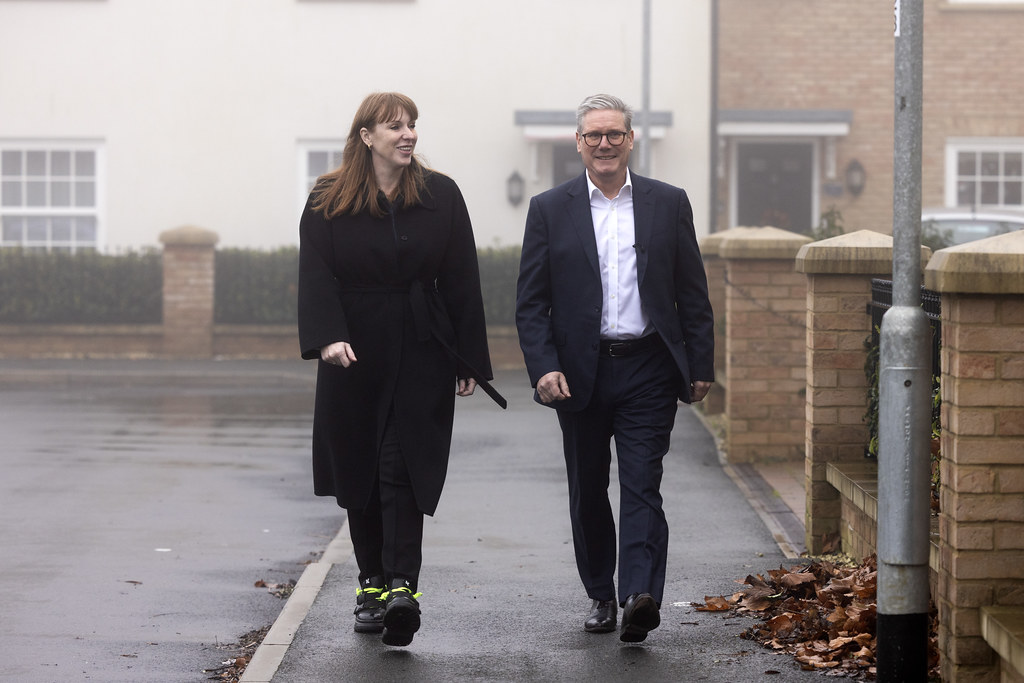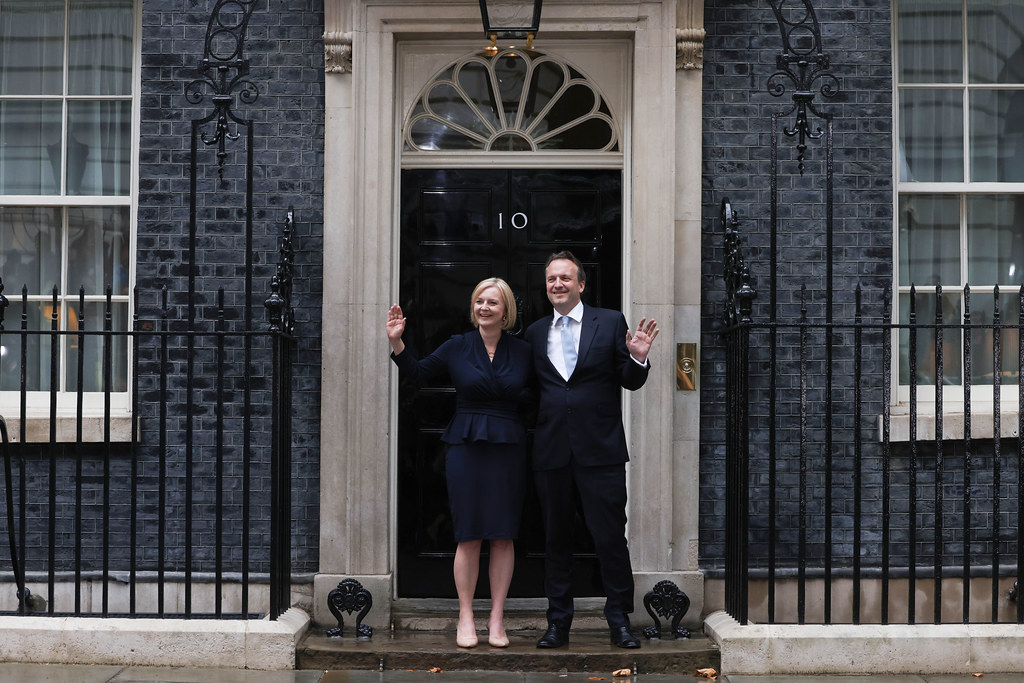No 10 faces questions over whether Starmer was informed about Rayner’s tax situation in advance, and whether he had sight of legal advice…reports Asian Lite News
Angela Rayner has admitted she underpaid stamp duty when purchasing her £800,000 flat in Hove, prompting questions over her position as deputy prime minister but drawing firm backing from Keir Starmer.
The housing secretary said that financial arrangements concerning her former family home in Greater Manchester meant she should have paid a higher rate of tax on the East Sussex property. She denied attempting to avoid the liability, instead blaming a “mistake” based on legal advice that had not taken her full circumstances into account.
Speaking at Prime Minister’s Questions, Starmer insisted he was “very proud to sit alongside” his deputy. But the Conservative leader, Kemi Badenoch, argued her position was “untenable” and called for her dismissal.
Rayner confirmed she has now contacted HM Revenue & Customs to establish what she owes and referred herself to the prime minister’s independent adviser on ministerial interests, Sir Laurie Magnus. The move follows weeks of scrutiny after reports that she had avoided as much as £40,000 in tax by not paying the higher rate normally charged on additional property purchases.
The admission carries political risks for Rayner, who has been an outspoken critic of the conduct of Conservative ministers prior to Labour’s election victory last year. For Starmer, the issue threatens to complicate his handling of a close ally who provides Labour with an essential link to the party’s left and its union base.
Conservatives have highlighted that Labour itself increased the higher rate of stamp duty from 3% to 5% in last year’s Budget. The party’s chairman, Kevin Hollinrake, has formally written to HMRC urging it to open a full investigation.
In a statement, Rayner explained she had paid the standard rate of duty when buying the Hove flat in May after being advised this was correct. She said part of the purchase was funded by selling her remaining stake in the family home in Ashton-under-Lyne, Greater Manchester, which she shares with her ex-husband and children.
Rayner disclosed that part of her interest in the house had already been transferred to a court-instructed trust, established to fund care for her son, who has lifelong disabilities. The trust arrangement, she said, was designed to provide him with the “security of knowing the home is his, allowing him to continue to live in the home he feels safe in”, describing it as “standard practice in circumstances like ours”.
However, subsequent legal advice revealed that “complex deeming provisions” within the trust meant she should have paid the higher stamp duty rate on the Hove flat. “I acknowledge that due to my reliance on advice from lawyers which did not properly take account of these provisions, I did not pay the appropriate stamp duty at the time of the purchase,” she said. “I deeply regret the error that has been made. I am committed to resolving this matter fully and providing the transparency that public service demands.”
Downing Street has yet to publish the terms of reference for the inquiry to be carried out by Sir Laurie Magnus. At Prime Minister’s Questions, Starmer stressed that Rayner had “explained her personal circumstances in detail” and that she had “done the right thing” by referring herself.
Badenoch, however, accused Starmer of weakness, telling reporters: “If the prime minister had a backbone, then he should have sacked her already. If you are the deputy prime minister helping to set tax policy, if you are the housing secretary deciding where people are going to live and how much that’s going to cost, then you need to get your own affairs in order. Difficult personal circumstances do not mean the law should not be followed.”
Liberal Democrat leader Ed Davey also questioned Rayner’s future. He said her position “may well become untenable” if the inquiry found she had breached the ministerial code. But he added: “As a parent of a disabled child, I know the thing my wife and I worry most about is our son’s care after we have gone. So I can completely understand and trust that the deputy prime minister was thinking about the same thing here.”
Rayner said the existence of the trust had not previously been disclosed because of a court order, which she successfully applied to have lifted this week. Asked whether she had considered resignation rather than reveal sensitive details about her son, she said: “I spoke to my family about it. I spoke to my ex-husband, who has been an incredibly supportive person because he knows that all I’ve done is try and support my family and help them. The number one priority for me and my ex-husband has always been to support our children.”
She did not specify when she received the further legal advice that altered her tax position. As recently as last week, she had maintained that she had paid the “relevant duty” on the Hove flat.
No 10 has also faced questions over whether Starmer was informed about Rayner’s tax situation in advance, and whether he had sight of the legal advice. Conservatives have separately raised the issue of whether her grace-and-favour flat in Admiralty House should be treated as her main home for council tax purposes, though the Cabinet Office has said it is longstanding practice for ministers’ official residences to be covered as second homes.
In her statement, Rayner reaffirmed that her Ashton-under-Lyne property remained her “family home”, where she was registered for most financial and official purposes and where she kept the majority of her possessions.














